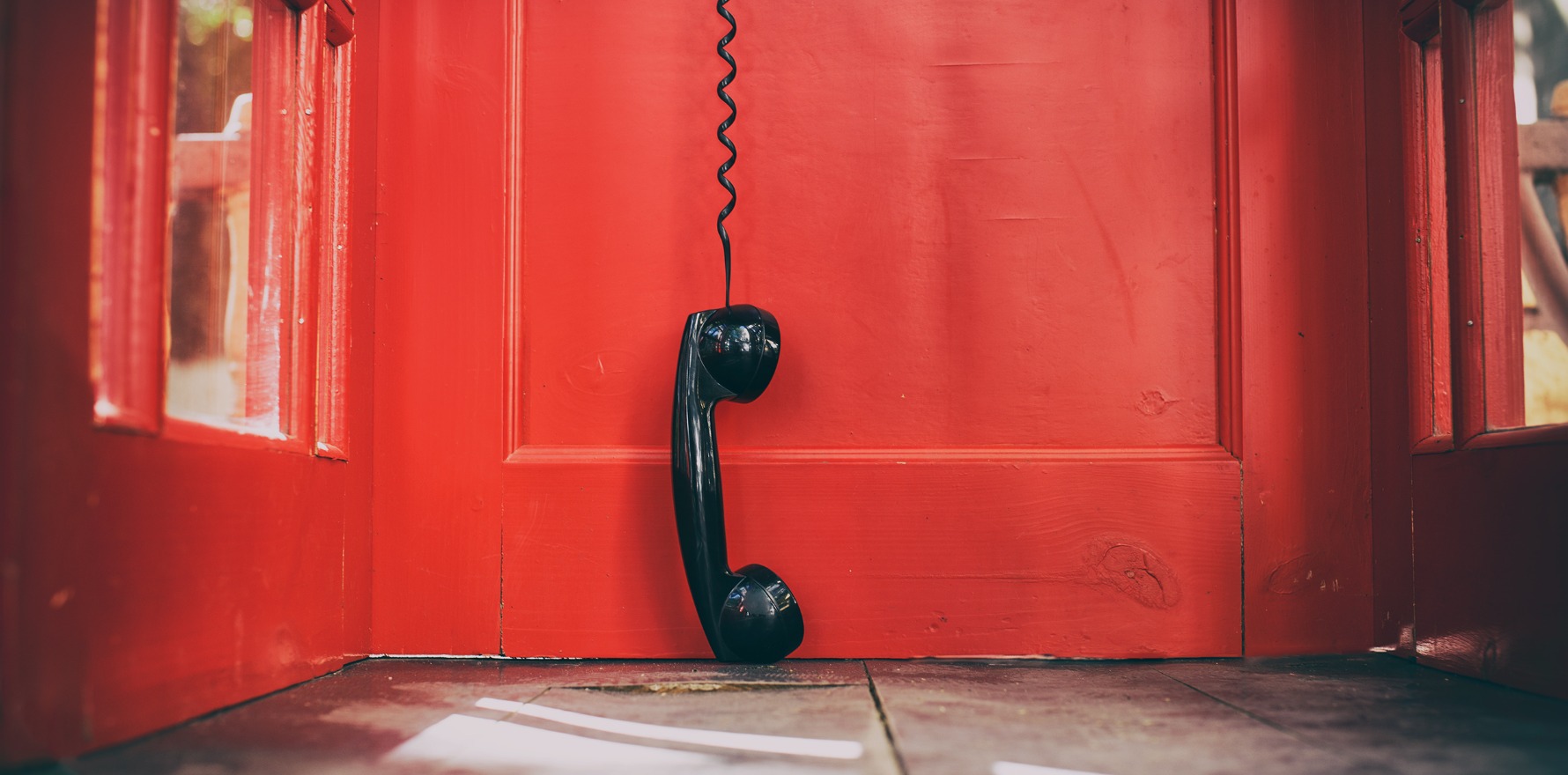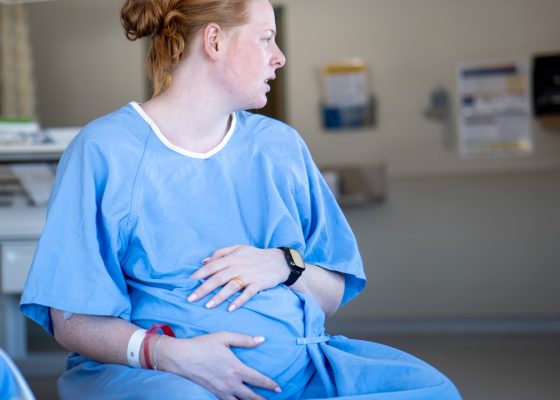SA’s chief psychiatrist implemented the conditions, including monthly reporting on performance, to reduce response wait times and dropped calls.
South Australia’s office of the chief psychiatrist has placed conditions on the statewide Mental Health Triage Service due to concerns over the service’s high call abandonment rate and long wait times.
The interim conditions were introduced following a number of inspections conducted on the service by the OCP, the most recent of which occurred on 9 May, and will remain in place for at least six months, according to the announcement.
The conditions allow for the ongoing provision of the Mental Health Triage Service on the basis that SA Health produce and implement a “risk mitigation plan” to reduce the rate of call abandonment, in addition to providing the OCP with a plan detailing how the “capacity and capability” of the service would be enhanced to reduce response wait times and call abandonment.
The conditions also mandate monthly data reporting on the service’s performance “in a form agreed by the chief psychiatrist and in alignment with Mental Health Triage data governance requirements”, the announcement said.
In a statement issued to Health Services Daily, chief psychiatrist Dr John Brayley said while the OCP acknowledged the “extensive work” undertaken by the Central Adelaide LHN to uplift the service, a lack of adequate resourcing and flaws with the service’s delivery model were hindering staff and leadership’s capacity to achieve further progress.
“There have been improvements in clinical supervision, induction and training, service governance, auditing and service documentation, and most recently the provision of modern technology to replace outdated computer and telephone equipment,” said Dr Brayley.
“However, in spite of progress to date, there are limitations in the service’s ability to reduce call waits and abandonment which is linked to the service model and resourcing.
“In the interim the [conditions have a] focus on addressing call abandonment and the gap between current capacity and needed capacity to promptly respond to calls.”
Operating as the central point of access to publicly funded mental health services across South Australia, the Mental Health Triage Service operates 24 hours, seven days a week and receives an average of 125 calls a day, or 3770 a month.
According to Central Adelaide LHN acting mental health service program director Jay Mullan, the service had seen a significant reduction in call abandonment since 2021, with further decreases expected following the implementation of a “callback service”.
“The wait time for each caller averages six minutes, dependent on the demand experienced by the service,” Mr Mullan said.
“Each caller waiting for service is immediately advised by an automated message to contact emergency services on Triple Zero (000) if they have overdosed or are under immediate threat.
“Callers are also advised of a range of alternative services open to them, which may better meet their needs. Other callers may change their mind about asking for help from Mental Health Triage after they have dialled the helpline number.
“The number of abandoned calls has reduced by 11% since 2021 (44 per cent in 2021 to 33 per cent in 2024) is expected to further reduce with the introduction of the callback service – in its first few weeks, about 25% of callers are choosing to receive a call back.”
In a statement shared with HSD, the SA Health minister Chris Picton expressed his support for the measures introduced by the OCP, saying the service had improved considerably since the Labor government had taken power.
“The Liberals left this service in a complete mess, with 44% of calls being abandoned under their watch in 2021. It reached a peak just before the election of 46 per cent calls abandoned in February 2022.
“[We] have increased the resources to CALHN by 25% in just three years. This means the health network has $629 million extra to spend per annum on the services it runs, [and] there have been improvements in the performance of Mental Health Triage compared to the track record of the previous Liberal Government.
“While the service has improved by 13% since then, there is more work for CALHN to do and the chief psychiatrist Dr Brayley has my full support in ensuring that improvement continues.”



